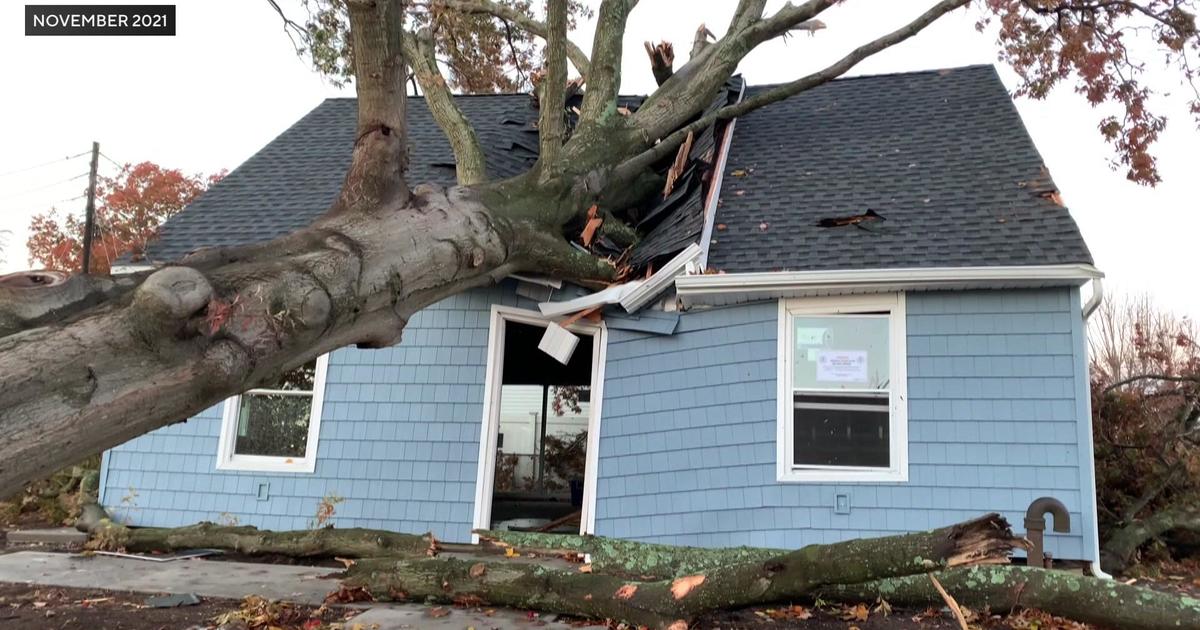Dr. Dre Reportedly Suffers Bleeding Brain Aneurysm, Is Stable In ICU
NEW YORK (CBSNewYork) -- Rap star and music producer Dr. Dre has reportedly suffered a bleeding brain aneurysm and was taken to the hospital Monday.
The 55-year-old is said to be stable and lucid in the ICU at Cedars Sinai Hospital in Los Angeles.
While it may seem like Dr. Dre is somewhat young for a bleeding brain aneurysm, the fact is they are most common in adults ages 30-60 but can occur at any age, including childhood.
We don't know if Dr. Dre has any risk factors for an aneurysm, such as high blood pressure, smoking or a family history of aneurysms. African Americans are also known to be at higher risk for a bleeding aneurysm.
MORE FROM CBS NEWS: Dr. Dre Hospitalized After Reportedly Suffering Brain Aneurysm
Aneurysms are a weakening in the wall of a blood vessel, like a bubble or balloon on a tire. Surprisingly, few aneurysms cause symptoms until they start to tear, rupture and bleed, then they are lethal.
"An aneurysm is the smallest lesion in the human body that can kill," said Dr. Alejandro Berenstein with Mount Sinai Health System.
Berenstein is a world-renowned expert in the treatment of brain aneurysms. He told CBS2's Dr. Max Gomez that while 50% of bleeding aneurysms are fatal, recovery and degree of disability depends mostly on the location of the aneurysm and the amount of hemorrhage that occurs.
"So somebody with a high blood pressure may have a bigger hemorrhage because it bleeds more because of the high pressure," Berenstein said.
Still survival, even full recovery, is possible.
Aneurysm survivor Tricia Scobey is two years younger than Dr. Dre, a self-described exercise addict who, two months ago, suddenly had the worst headache of her life, much worse than her usual migraines.
She spent a three weeks in the ICU, then a week in rehab but is now slowly returning to normal.
"I really have gotten everything back. They see no deficiencies and they expect a full recovery," she said.
Again, most aneurysms are silent until they start to bleed. Signs of that include a sudden worst headache ever, a stiff neck, vision disturbance, nausea, vomiting or seizures. That's when time is critical. Get to a hospital immediately.
MORE FROM CBS NEW YORK



